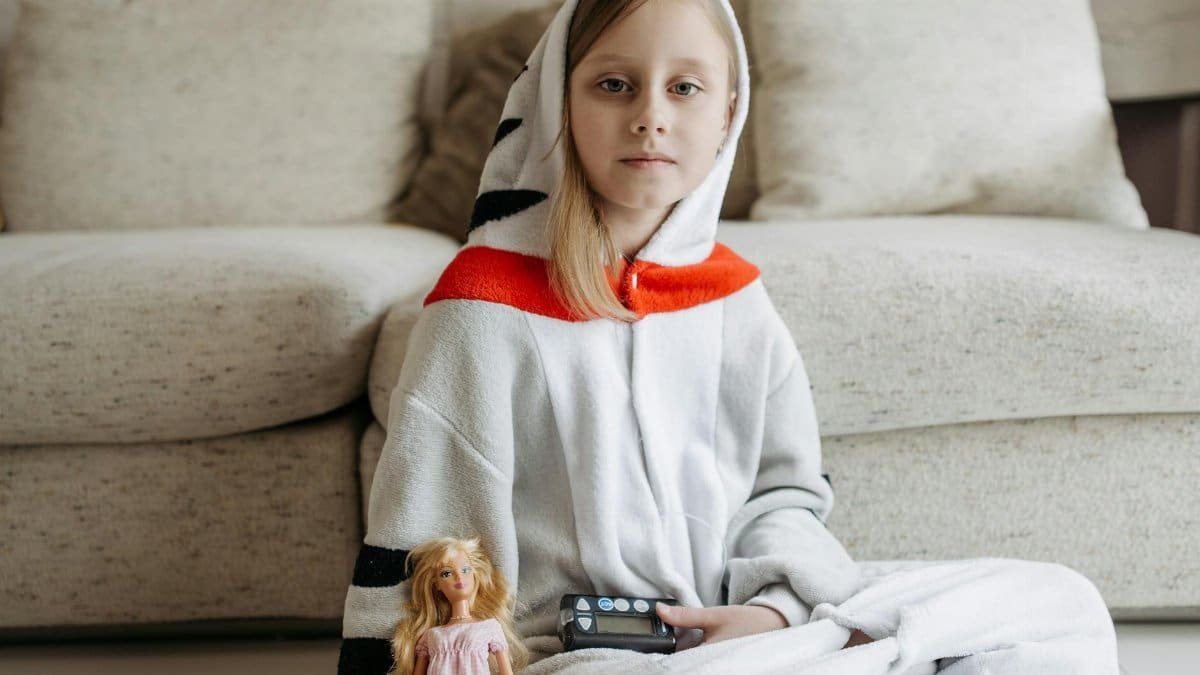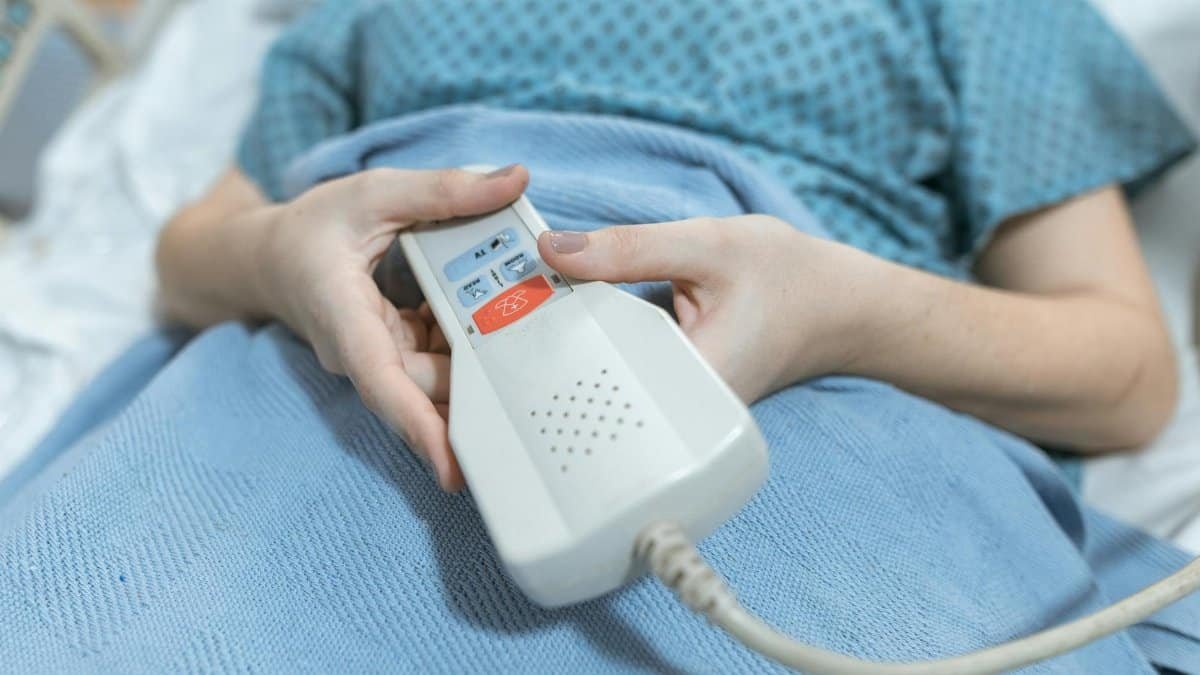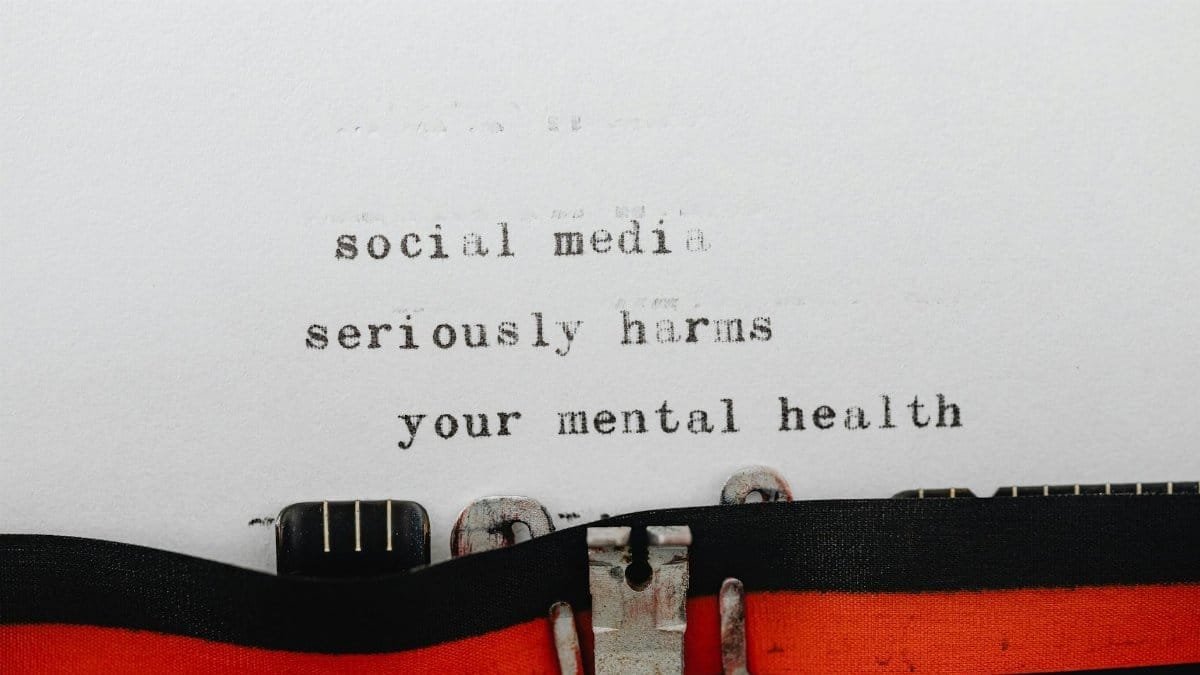Is Jared Padalecki’s clinic stay a turning point for how we view mental health in Hollywood? The “Supernatural” star recently opened up about a deeply personal chapter of his life, revealing a 2015 stay at a private facility in Austin for severe mental health struggles. In a candid podcast interview, Padalecki shared how this experience became a lifeline, reshaping his approach to well-being. His story, aired on May 30, 2025, is sparking conversations about the importance of seeking help and destigmatizing inpatient care in the public eye.
A Shocking Revelation from a Beloved Star

Jared Padalecki, known for his long-running role as Sam Winchester on “Supernatural,” dropped a bombshell during a podcast interview published in late May 2025. At 42, the actor disclosed that a decade ago, in 2015, he grappled with what he described as “dramatic suicidal ideation.” This harrowing period led him to check into a private treatment facility in Austin, Texas, marking a critical moment in his life. His willingness to share such a vulnerable experience has resonated with fans and mental health advocates alike.
The Decision to Seek Help

In 2015, Padalecki reached a breaking point. Facing overwhelming thoughts of self-harm, he made the courageous decision to seek professional intervention. The Austin facility offered a structured environment where he could address his mental health head-on. This choice, though difficult, was a pivotal step toward recovery. Padalecki’s story underscores a vital message: recognizing the need for help is a sign of strength, not weakness, especially for public figures under constant scrutiny.
A 10-Day Stay That Changed Everything

During his 10-day stay at the clinic, Padalecki engaged in a range of therapeutic approaches tailored to his needs. The program included Eye Movement Desensitization and Reprocessing (EMDR), a therapy often used to process trauma. He also participated in sleep-deprivation reversal techniques to restore healthy rest patterns, alongside nature walks to reconnect with the calming effects of the outdoors. These elements combined to create what Padalecki later called a “hard reset,” providing him with tools to navigate his struggles.
Ongoing Care and Management

Post-treatment, Padalecki didn’t stop at inpatient care. He adopted a long-term strategy to maintain his mental health, including a low-dose selective serotonin reuptake inhibitor (SSRI) to manage symptoms of depression. Additionally, he attends weekly therapy sessions to continue processing emotions and building resilience. This ongoing commitment reflects a practical approach to mental wellness, showing that recovery is not a one-time fix but a sustained effort, even for someone in the spotlight.
Breaking the Stigma Around Inpatient Care

One of Padalecki’s primary motivations for sharing his experience with the Jared Padalecki clinic stay is to challenge the stigma surrounding mental health treatment, particularly inpatient care. In the podcast, he expressed hope that his candidness would encourage others to view such interventions as a legitimate and life-saving option. By speaking out, he aims to normalize conversations about seeking help, especially in industries like entertainment where mental health struggles are often hidden behind a polished facade.
The Broader Impact on Mental Health Awareness

Padalecki’s revelation comes at a time when mental health awareness is gaining traction in the U.S., with 2025 seeing increased public discourse on the topic. His story aligns with efforts by organizations like the National Alliance on Mental Illness (NAMI) to promote open dialogue. For more on national mental health trends, visit National Alliance on Mental Illness. Additionally, resources from the Substance Abuse and Mental Health Services Administration (SAMHSA) highlight the growing acceptance of treatment options, accessible at SAMHSA.
A Call to Action for Fans and Beyond

By sharing details of his 2015 clinic stay, Padalecki isn’t just recounting a personal journey—he’s issuing a call to action. His message is clear: mental health challenges can affect anyone, regardless of fame or success, and seeking help is a vital step. For fans and the wider public, his story serves as a reminder to prioritize well-being and support those who may be struggling in silence. It’s a powerful nudge toward compassion and understanding in a world that often overlooks invisible battles.
Hollywood’s Evolving Conversation on Mental Health

Padalecki’s disclosure adds to a growing wave of Hollywood figures addressing mental health publicly. His experience with the Jared Padalecki clinic stay highlights how the industry is slowly shifting toward transparency about personal struggles. This trend is crucial in a profession where the pressure to maintain a perfect image can exacerbate issues like depression and anxiety. Padalecki’s voice joins others in pushing for a culture where vulnerability is met with support, not judgment, paving the way for systemic change.
